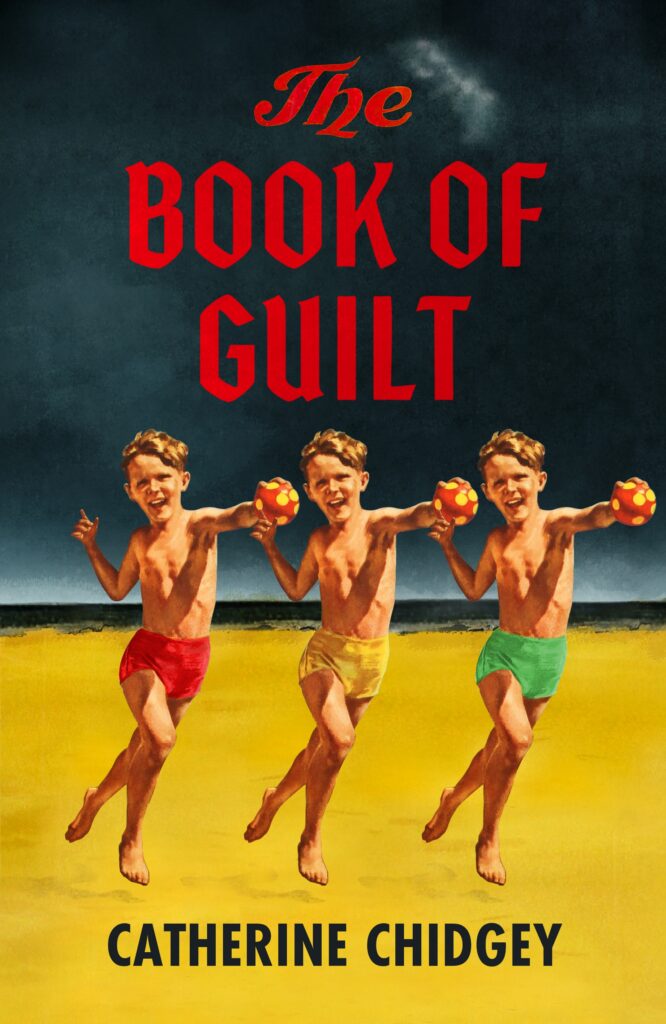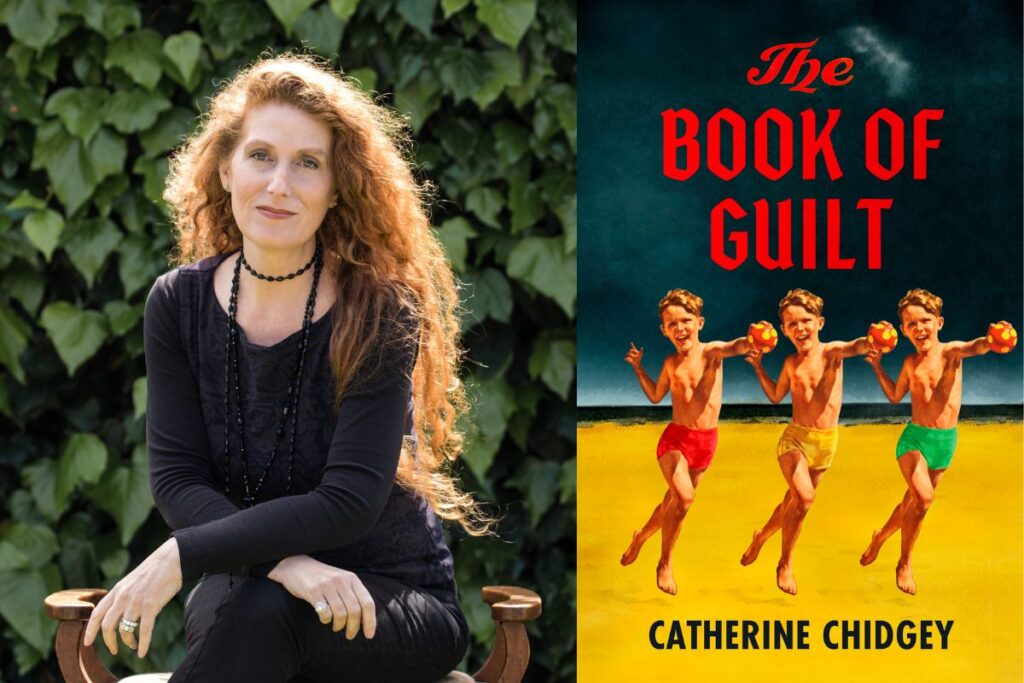Women’s Prize longlisted Catherine Chidgey returns with her new book The Book of Guilt. A Radio 2 Book Club pick, The Book of Guilt is a deeply unsettling and truly unforgettable novel set in a sinisterly skewed version of 1970s England. To celebrate the book’s publication, Catherine has shared with us five of her favourite books that explore dark alternative histories. Discover her book recommendations below!
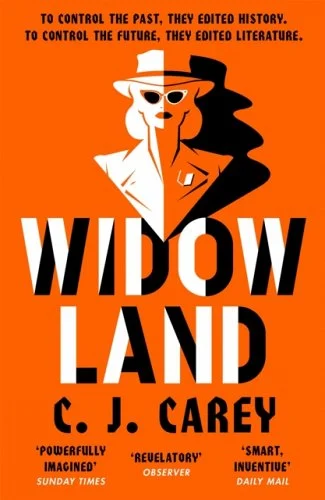
In this razor-edged reimagining of post-war Britain, the population has been forced into an alliance with a victorious Germany, and the coronation of Queen Wallis looms. Literature is silenced and women are ranked into castes according to their physical appearance and ability to breed. Against this bleak backdrop, heroine Rose becomes caught up in a whispered rebellion penned in forbidden lines. A chilling salute to the power of words when silence is state-mandated, it’s part Orwell, part Atwood, but with a noirish undercurrent that feels wholly its own.
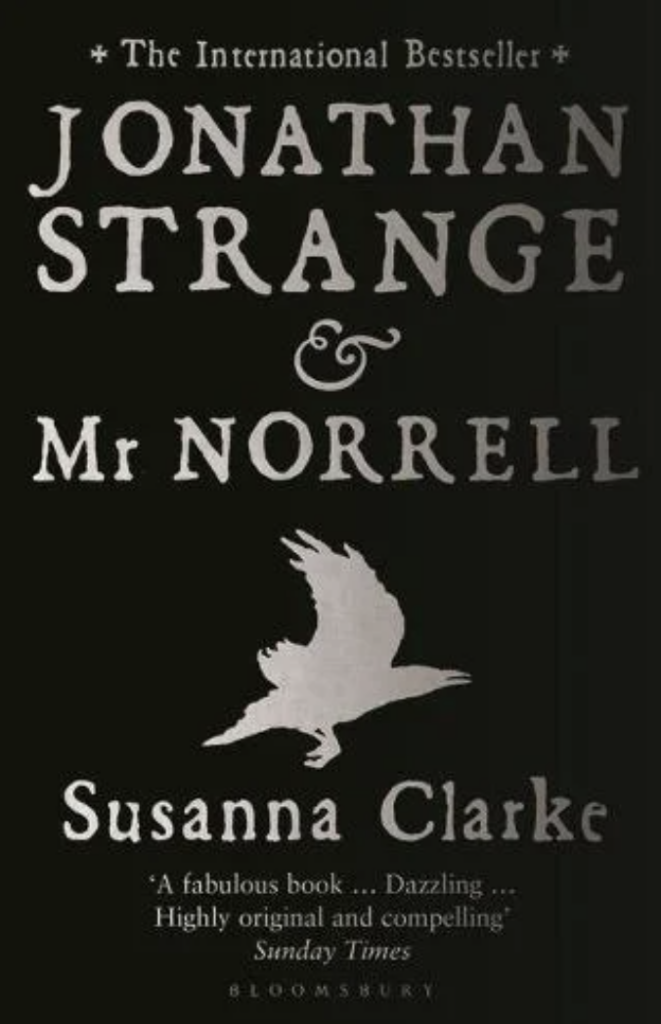
Clarke conjures a world where nineteenth-century restraint meets wild, eldritch chaos – ships of rain, great horses made from sand, furious angels that descend on the French army, a man who is also a book. Strange and Norrell are unforgettable figures, and the powers they revive are ancient, unpredictable, and dangerously alive, whispering secrets from behind dark mirrors and velvet curtains. A deliciously arcane duel of manners and magic that unfolds like a spell written in candle smoke.
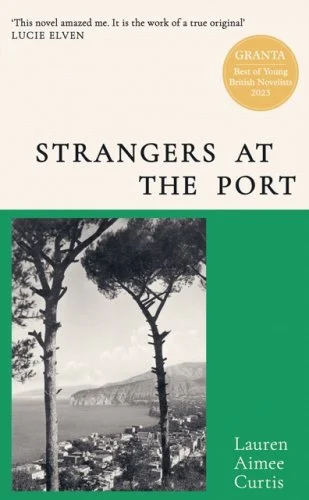
Set in the late nineteenth century on a nameless Sicilian island, this evocative fable is told through the fragmented recollections of two sisters and a visiting archduke, each grappling with the arrival of outsiders and the collapse of an insular world. A haunting tale of superstition, isolation, and the quiet violence of change, as mysterious as it is mesmerising.
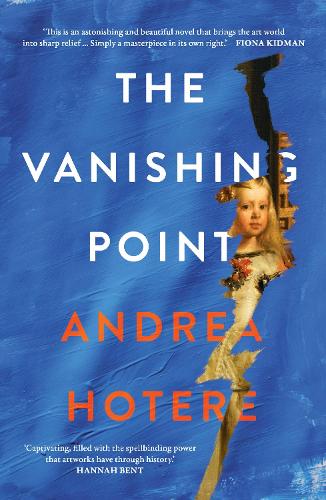
Alex Johns arrives in London chasing shadows and answers, but it’s a centuries-old painting that begins to chase her. At the centre of Velázquez’s enigmatic Las Meninas, the glowing Infanta stares out with unsettling clarity, her luminous innocence casting long shadows over centuries. In this thrilling novel, time bends, art breathes, and the world you think you know quietly rewrites itself.
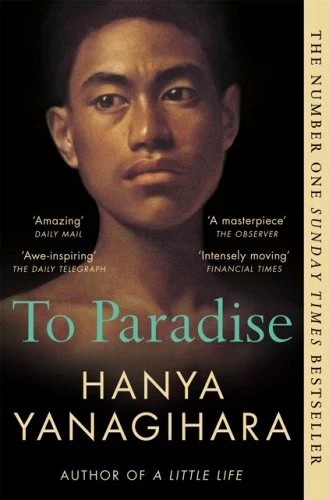
The first third of this epic novel presents a version of 1890s New York in which women have the vote and same-sex marriage is not only legal but normalised. Yanagihara constructs an America both eerily familiar and disarmingly strange; a nation that has splintered into what it could have been – and maybe still could be. From this imagined past, the narrative leaps to 1993 and 2093, with the same names and place echoing through each story, and where freedom and love are endlessly redefined.
